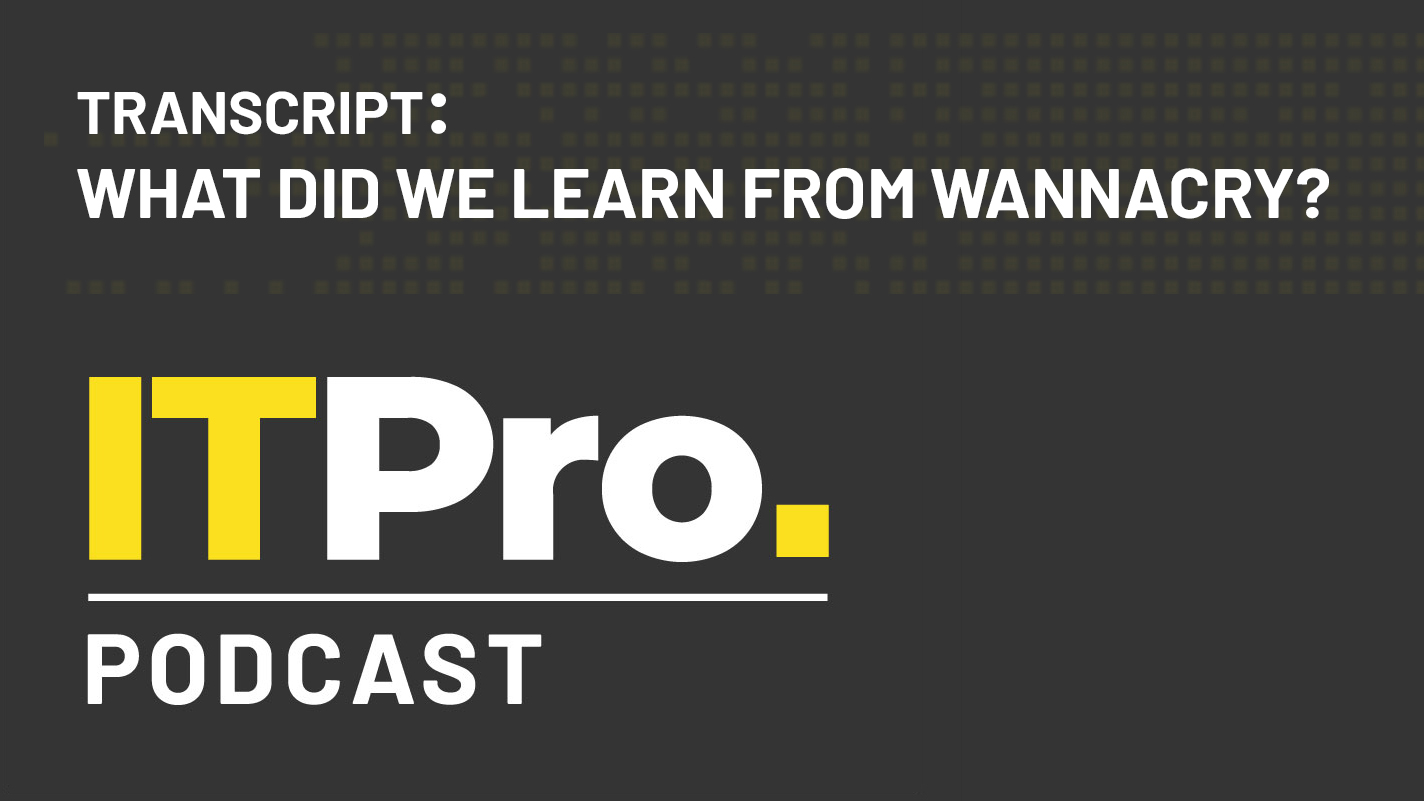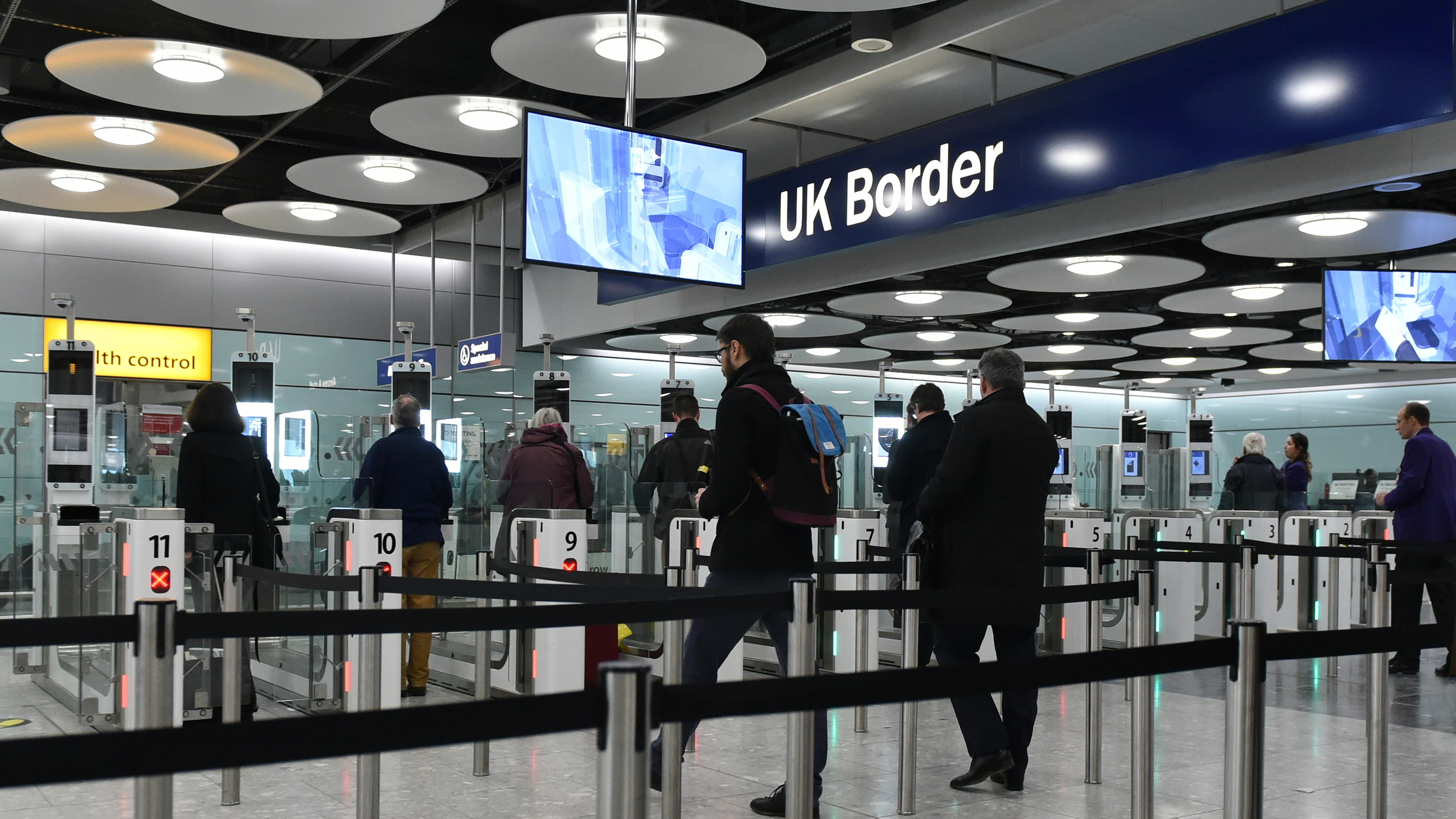Lazarus hackers engage in ‘FASTCash’ scheme to steal tens of millions of dollars from ATMs
The notorious hackers have been striking ATMs since 2016 in a pivot from disruptive attacks such as WannaCry


The North Korean hacking group behind the WannaCry ransomware attack that crippled the NHS has been stealing money from ATMs since at least 2016.
Cyber crime and espionage outfit Lazarus has gained a reputation for disruptive and politically-motivated attacks. But researchers have found evidence that reinforces claims the group has increasingly gravitated towards financial crime in recent years.
The group has been fraudulently emptying ATMs across Asia and Africa in an operation dubbed "FASTCash", according to Symantec, by breaching banks' networks, and injecting a malware into switch application servers that handle transactions.
The 'Trojan.Fastcash' malware, previously unknown to security researchers, intercepts fraudulent Lazarus cash withdrawal requests and sends fake approval responses, which in turn allows the attackers to steal cash from ATMs.
The attacks have so far been confined to Africa and Asia, and directed at the financial sector, but that's not to say Lazarus won't target the UK at some future data, according to security threat researcher at Symantec Dick O'Brien.
"Lazarus has, since 2016, diversified into financially motivated attacks. It began first by directly attacking banks, such as the Bangladesh bank heist, which netted it $81 million," O'Brien told IT Pro.
"We don't know for sure why they've shifted to ATM attacks, but it's likely that most banks became wise to the tactics they used in 2016 bank heists and beefed up their security, prompting Lazarus to find an alternative means of attack, another weak point."
Get the ITPro daily newsletter
Sign up today and you will receive a free copy of our Future Focus 2025 report - the leading guidance on AI, cybersecurity and other IT challenges as per 700+ senior executives
One incident in 2017 saw cash withdrawn simultaneously from ATMs in over 30 different countries, according to an official US government alert issued earlier this month. Another major incident this year saw cash taken from 23 countries simultaneously, with the total FASTCash haul estimated at tens of millions of dollars.
In order to carry out a successful attack, the hackers first inject their malware into banking application servers running unsupported versions of the AIX operating system. This allows Lazarus to intercept fraudulent transaction requests, prevent them from reaching the switch application that processes transactions, as well as generate fake approvals.
"The recent wave of FASTCash attacks demonstrates that financially motivated attacks are not simply a passing interest for the Lazarus group and can now be considered one of its core activities," Symantec's security response attack investigation team said.
"As with the 2016 series of virtual bank heists, including the Bangladesh Bank heist, FASTCash illustrates that Lazarus possesses an in-depth knowledge of banking systems and transaction processing protocols and has the expertise to leverage that knowledge in order to steal large sums from vulnerable banks."
Alongside disruptive operations such as the Sony Pictures hack, and malware that struck the Winter Olympics, Lazarus has often engaged in financially-motivated crime in recent years; most infamously the WannaCry ransomware attack.
The Department for Health and Social Care (DHSC) last month estimated the crippling attack cost the health service 92 million, with the vast majority of this sum spent on restoring services and recovering data.

Keumars Afifi-Sabet is a writer and editor that specialises in public sector, cyber security, and cloud computing. He first joined ITPro as a staff writer in April 2018 and eventually became its Features Editor. Although a regular contributor to other tech sites in the past, these days you will find Keumars on LiveScience, where he runs its Technology section.
-
 Cleo attack victim list grows as Hertz confirms customer data stolen
Cleo attack victim list grows as Hertz confirms customer data stolenNews Hertz has confirmed it suffered a data breach as a result of the Cleo zero-day vulnerability in late 2024, with the car rental giant warning that customer data was stolen.
By Ross Kelly
-
 Lateral moves in tech: Why leaders should support employee mobility
Lateral moves in tech: Why leaders should support employee mobilityIn-depth Encouraging staff to switch roles can have long-term benefits for skills in the tech sector
By Keri Allan
-
 Podcast transcript: What did we learn from WannaCry?
Podcast transcript: What did we learn from WannaCry?IT Pro Podcast Read the full transcript for this episode of the IT Pro Podcast
By IT Pro
-
 The IT Pro Podcast: What did we learn from WannaCry?
The IT Pro Podcast: What did we learn from WannaCry?IT Pro Podcast Five years on, WannaCry still remains one of the most impactful security incidents in recent memory
By IT Pro
-
 Over two-thirds of companies still run software with WannaCry flaw
Over two-thirds of companies still run software with WannaCry flawNews Four years have passed, and many systems still need patching
By Danny Bradbury
-
 US charges three North Koreans for Sony Pictures, WannaCry attacks
US charges three North Koreans for Sony Pictures, WannaCry attacksNews The men are said to have been responsible for a $1.3 billion hacking spree
By Bobby Hellard
-
 Tenable declares there are far worse security threats to fear than zero-day exploits
Tenable declares there are far worse security threats to fear than zero-day exploitsNews ‘If you’re scared of zero-days, you don’t know what you’re talking about’ claims Tenable
By Connor Jones
-
 Spanish Ryuk ransomware attack hints at new WannaCry
Spanish Ryuk ransomware attack hints at new WannaCryNews Ryuk ransomware continues to be a big problem for businesses with reports of attacks on Spanish organisations
By Bobby Hellard
-
 What is WannaCry?
What is WannaCry?In-depth The full story behind one of the worst ransomware outbreaks in history
By Adam Shepherd
-
 WannaCry warrior Marcus Hutchins free to return to UK
WannaCry warrior Marcus Hutchins free to return to UKNews Security researcher avoids jail time for role in creating the Kronos banking trojan
By Adam Shepherd